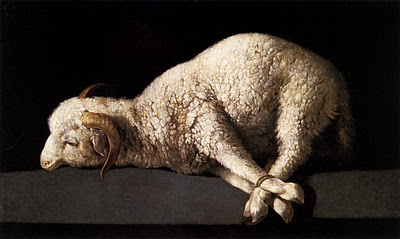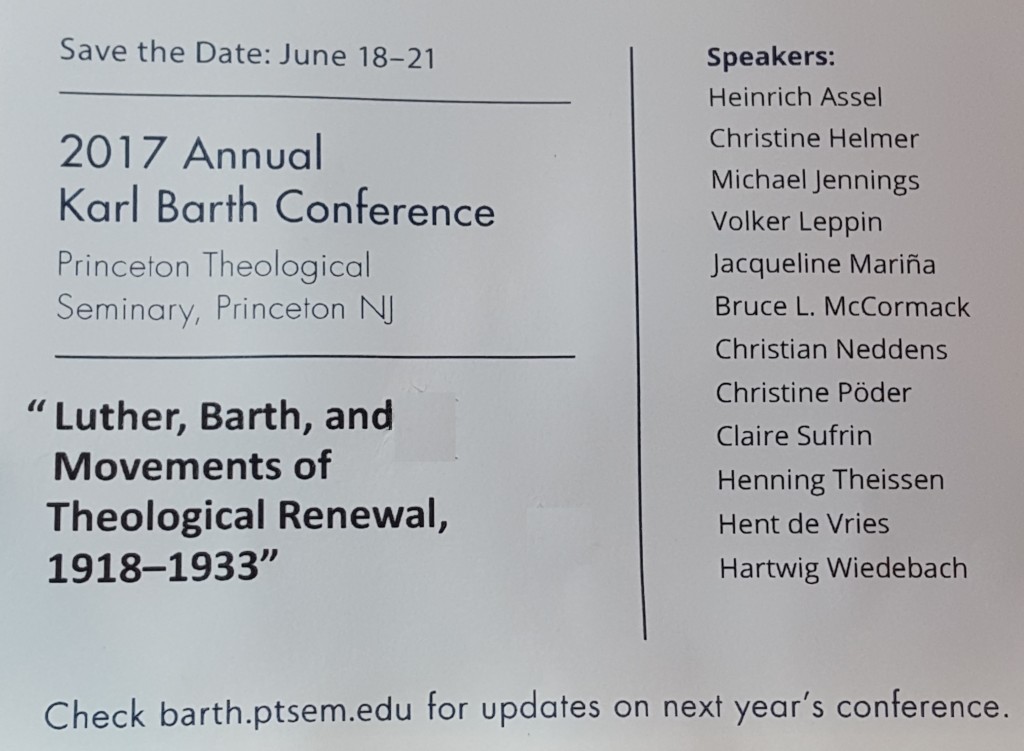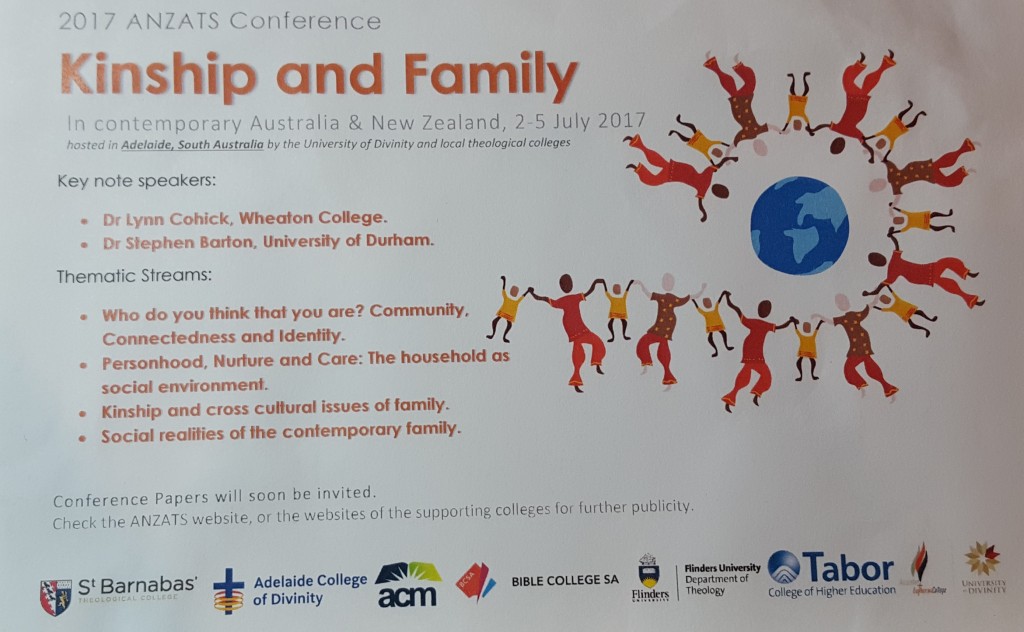 Selection: The Church Dogmatics II/2:63-76, The Foundation of the Doctrine.
Selection: The Church Dogmatics II/2:63-76, The Foundation of the Doctrine.
Although Barth applauds the christological focus the Reformers brought to their discussion of election, he is not yet satisfied, for the Reformers’ focus is pastoral rather than theological; there remains behind and before Jesus Christ, the decision of the electing God apart from Jesus Christ. In a dozen probing questions Barth lays bare his central concern: it is not sufficient to speak of Christ as the mirror, the medium or the instrument of the election, particularly so if behind Christ stands the inscrutable decision of a hidden deity. If the decision of election is that of the hidden God, it will inevitably overwhelm and subvert the pastoral focus on Jesus. If so, can one truly obtain the assurance sought by the Reformers?
Barth canvasses and compares the doctrine of the Lutherans, the Calvinists, and the Remonstrants, arguing that there can be no ground ceded to Pelagianism in the doctrine of election. Beginning with the Remonstrants, Barth argues that they were semi-Pelagian, pre-cursors of modern Neo-Protestantism who make humanity the criterion of the knowledge of God, of God’s relationship to humanity, and of Christian doctrine. As a result, they refuse to acknowledge divine sovereignty in election for the human agent is independent over against God (67). Although the Remonstrants spoke of Jesus Christ as the “foundation of election,” they did not mean by this that he was the subject of election (68).
As directed against the decretum absolutum the statement (“Jesus Christ is the [foundation of election]”) does not contend for the dignity of Jesus Christ, but for the dignity of man standing over against Jesus Christ in an autonomous freedom of decision. … What they did want to say, and what they actually did say in this statement, was that in the distinctive sense of the word there is no divine decision at all. There is only the establishment of a just and reasonable order of salvation, of which Christ must be regarded as the content and the decisive instrument (68).
The 17th century Lutheran doctrine also sought to correct Calvin’s proposition by locating the origin of election in the universal mercy of God. Jesus Christ is the decreed means of salvation for the Son in all eternity pledged himself to be the perfect satisfaction in the stead and place of all. God foreknows those who will obey his call to faith and obedience, and so those who will be saved. Thus God’s election is determined by his foreknowledge, and therefore “by the actuality of an object which is distinct from God” (71).
Barth finds much to affirm in the Lutheran correction: the emphasis on divine grace and mercy as the ultimate ground of election; the Son’s self-offering in the eternal and secret counsel of the trinity; the object of election as the whole of humanity without exception; and the necessity of human faith and obedience. He laments the refusal of Reformed theology to allow the Lutheran correction to inform its own “unsatisfactory and dangerous doctrinal forms” (72). Yet, Barth ultimately rejects the Lutheran proposal even while affirming their intent to avoid the decretum absolutum. He does so because they have abstracted a theological principle—divine foreknowledge—and applied it to God. In so doing they also abstract the elected man, whose decision thus precedes and so conditions God’s election. The Lutheran position therefore reduces election to salvation—there is no election as such, and opens the door again to Pelagianism. Thus it is hardly surprising that the Reformed did not follow this Lutheran path. In this view, God is no longer truly and freely the electing God. The initiative of God’s election has been lost, and with it, God’s freedom, and so also, God’s grace.
If we inspect it closely, their teaching has nothing whatever to say about the fact that God elects. It says only that God has determined to actualise, and has actualised, His general redemptive purpose in such a form that in its operation it does necessarily give rise to a selection from amongst men. Naturally God knows about this selection from all eternity. He also affirms it by fulfilling His purpose in this particular form. But He affirms it only secondarily, and the fact that He affirms it does not mean that it is His selection in the strict sense of the word. This construction excludes the initiative of a free divine election. And at this point, in spite of all other differences, in spite of its intended and avowed anti-Pelagianism, the Lutheran teaching occupies common ground with the Arminian doctrine rejected at Dort. For this reason, and quite decisively, it can never be acceptable to Calvinists (73).
The Calvinists decisively rejected the tenet of praevisa fides (foreknowledge of faith), and with it the whole Lutheran doctrine of predestination. As they saw it, it is at this decisive point in the whole relationship of God with man that the complete freedom of grace should always be maintained. They thought it better to cling to the decretum absolutum than in attempting to avoid it to enter on a path which seemed as though it must ultimately endanger the basic interest of the Reformation (74).
Thus Barth wants to retain God’s election as election and not simply as salvation. It must be true, free, and so gracious, election. There must be no Pelagianism in salvation. All abstraction with respect to God and humanity is denied. Election must be gospel, and so also Christological. Jesus Christ is not merely the instrument or mirror of election but the subject of election. That Jesus Christ is the electing God means that there is no decretum absolutum. That Jesus Christ is the elected human means there is no praevisa fides.








